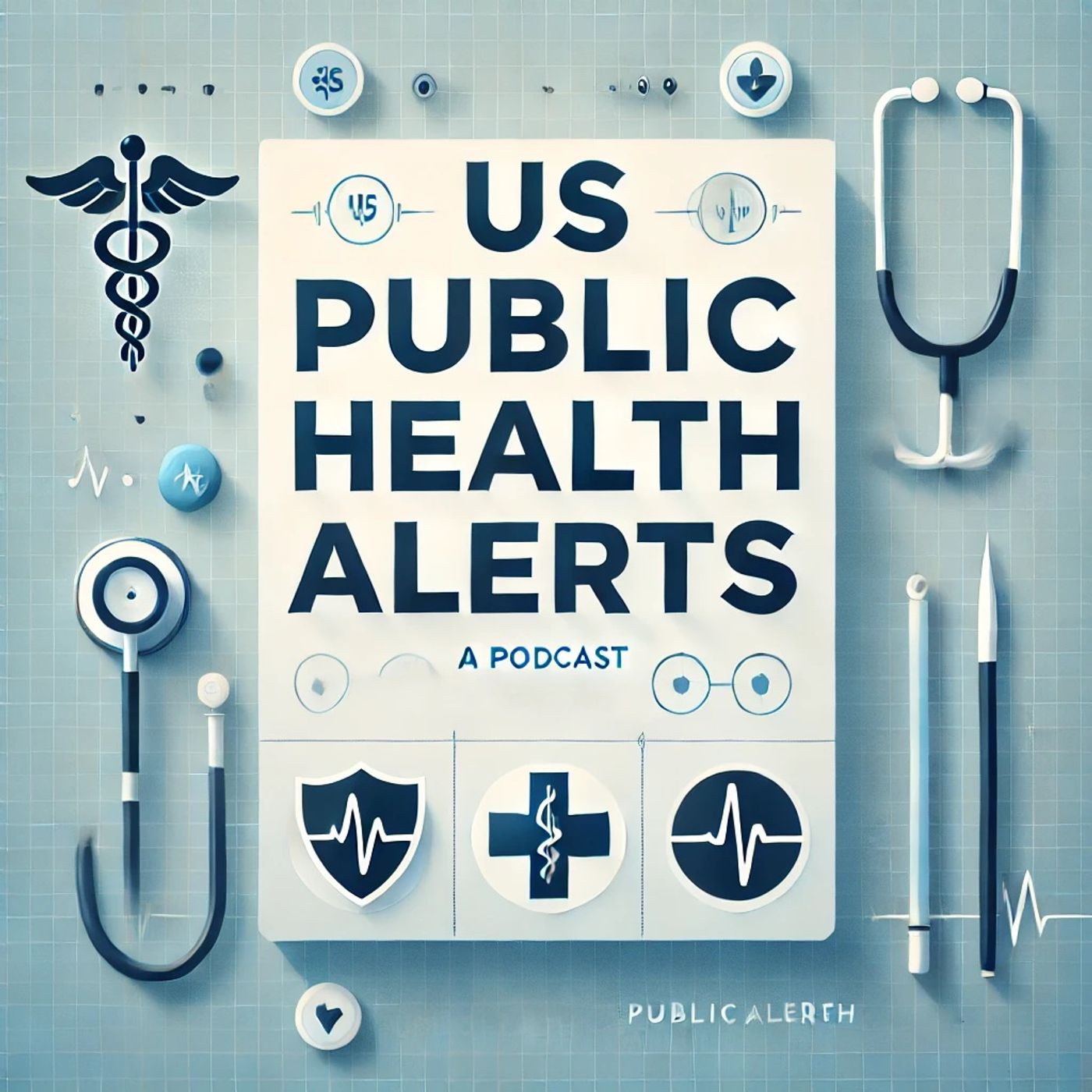Nov 30 2024 3 mins
As of November 30, 2024, public health alerts in the United States are focusing on key issues affecting the community. One important area of concern is the seasonal flu, with health officials emphasizing the importance of vaccination. The Centers for Disease Control and Prevention (CDC) has noted that flu activity has been increasing earlier than usual this year, urging listeners to get their flu shots to help prevent the spread and protect vulnerable populations.
Furthermore, ongoing efforts are directed toward monitoring respiratory illnesses such as Respiratory Syncytial Virus (RSV) and COVID-19. RSV has shown a noticeable uptick in cases, particularly affecting young children and older adults. Health experts are advising caregivers and those in high-risk groups to be vigilant about hygiene practices and seek medical attention if symptoms arise.
COVID-19 remains an active concern, with new variants prompting adaptations in vaccine recommendations. The CDC has updated guidelines to incorporate boosters that target recent strains, and it is highly encouraged for everyone eligible to stay current with their vaccinations. Maintaining good respiratory hygiene and mask-wearing in crowded indoor spaces are also advised as preventive measures against viral transmission.
There is also heightened awareness surrounding food safety. Recent salmonella outbreaks linked to certain poultry and produce items have prompted recalls and advisories. Listeners are encouraged to stay informed about which items are affected and practice proper food handling, such as thoroughly cooking meat and washing fruits and vegetables.
Another focal point is water safety, especially with the approach of colder weather potentially impacting water infrastructure. Public health authorities are advising communities to report any unusual changes in water quality, such as discoloration or odor, to local services to ensure timely intervention.
In addition to these specific alerts, there is a strong emphasis on general preventive health measures. These include regular handwashing, staying home when feeling unwell, and maintaining a healthy lifestyle to bolster the immune system.
Mental health is also in focus, with increasing resources being directed toward support systems to help individuals cope with seasonal depression and stress during the holiday season. Efforts are being made to improve access to mental health services and encourage community support networks.
Finally, as we are in colder months, health officials are reminding listeners to take necessary precautions to stay safe, including wearing appropriate clothing to prevent hypothermia and ensuring that homes are adequately heated. Public health alerts continue to provide crucial information aimed at keeping everyone informed and healthy.
Furthermore, ongoing efforts are directed toward monitoring respiratory illnesses such as Respiratory Syncytial Virus (RSV) and COVID-19. RSV has shown a noticeable uptick in cases, particularly affecting young children and older adults. Health experts are advising caregivers and those in high-risk groups to be vigilant about hygiene practices and seek medical attention if symptoms arise.
COVID-19 remains an active concern, with new variants prompting adaptations in vaccine recommendations. The CDC has updated guidelines to incorporate boosters that target recent strains, and it is highly encouraged for everyone eligible to stay current with their vaccinations. Maintaining good respiratory hygiene and mask-wearing in crowded indoor spaces are also advised as preventive measures against viral transmission.
There is also heightened awareness surrounding food safety. Recent salmonella outbreaks linked to certain poultry and produce items have prompted recalls and advisories. Listeners are encouraged to stay informed about which items are affected and practice proper food handling, such as thoroughly cooking meat and washing fruits and vegetables.
Another focal point is water safety, especially with the approach of colder weather potentially impacting water infrastructure. Public health authorities are advising communities to report any unusual changes in water quality, such as discoloration or odor, to local services to ensure timely intervention.
In addition to these specific alerts, there is a strong emphasis on general preventive health measures. These include regular handwashing, staying home when feeling unwell, and maintaining a healthy lifestyle to bolster the immune system.
Mental health is also in focus, with increasing resources being directed toward support systems to help individuals cope with seasonal depression and stress during the holiday season. Efforts are being made to improve access to mental health services and encourage community support networks.
Finally, as we are in colder months, health officials are reminding listeners to take necessary precautions to stay safe, including wearing appropriate clothing to prevent hypothermia and ensuring that homes are adequately heated. Public health alerts continue to provide crucial information aimed at keeping everyone informed and healthy.
